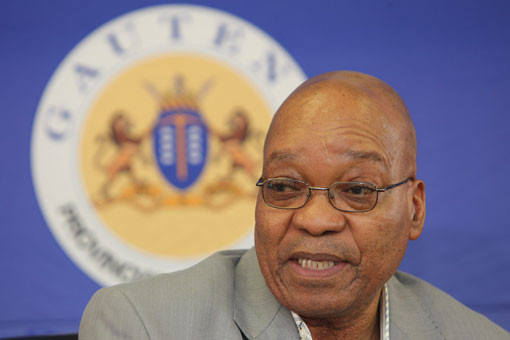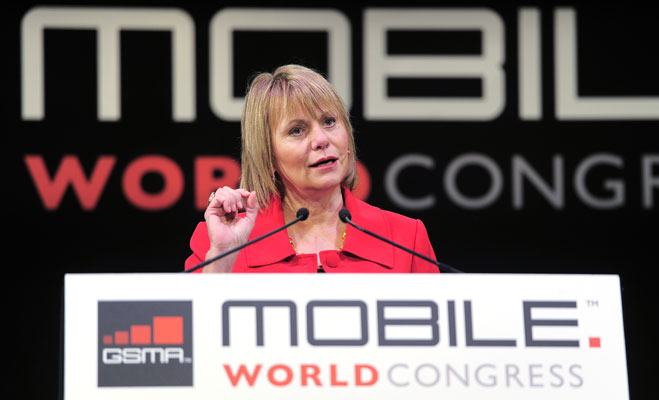Paved with good intentions
South Africa’s plans to trial a universal healthcare system is admirable, but a countrywide scheme may see it go for broke

As South Africa approached 20 years since it shed the shackles of Apartheid, voices of that past are audible only as whispers.
The announcement by the government that would begin trials of a universal healthcare system in the country, with the aim to go national by 2014, looks to tackle one of the major issues experienced South Africa.
Currently, South Africa has a system of health insurance, with a limited amount of publicly-funded hospitals that charge a small fee. With the cost of insurance far beyond what most South Africans can afford, approximately 80 percent of South Africans rely upon the crumbling public health system.
The proposed National Health Insurance scheme will fundamentally change the system. Healthcare will be provided for all, with a system in part funded by contributions from those above a to-be-decided threshold. The private health system will remain in place for those who can afford it.
Like any major government reform, the proposals have met with mixed responses. Most South Africans welcome the scheme, including private doctors who believe it will generate more business for them. Others question the need to pay towards the system if they are not ill.
There remain some serious hurdles to the achieving the system. In a country of nearly 50 million people, half live below the poverty line and a quarter are unemployed. Though education rates have improved in the country, many of these people will never leave this situation. For most of these people, contributing to the NHI will not be an option.
It is equally unlikely the South African economy will be able to fill the gap. The country’s economy was only just enjoying strong growth the events of 1994 when the global recession occurred. Though the country’s main industries, agriculture and the export of minerals and precious metals, are currently in vogue, slowing economies in China and India pose a serious threat to returns. And the country expects the worst:”Our own view is that it’s 60/40 against the double dip and other people are saying it’s 50/50, depending on the decisiveness with which the rest of the world begins to tackle its problems. Let’s wait and see,” said Pravin Gordhan, the country’s Finance Minister.
A universal healthcare system for the entirety of South Africa is expected to cost the country around R125bn (£11bn). The final amount will likely be much more. With prime exports in retraction, it will be a very tough to commit the equivalent of 20 percent of the country’s GDP to getting the project – bureaucracy, facilities and all – off the ground.
Then there is also the elephant in the room. South Africa has one of the highest levels of HIV/AIDS in the world. Research by Unicef suggested around 5.9 million people in the country currently suffer from the illness, though the final number. This is to be tallied with research from the Center for International Health and Development at Boston University in 2006, which found that the average cost for the retroviral drugs needed to manage the symptoms of AIDS would cost $1,200 per person, per year. If the NHI were to provide this for all, it would cost approximately £8bn per year.
This is of course a cynical assessment of a very noble aim. Poor South Africans desperately need healthcare, and the more measures that are put in place to distance the new South Africa from its divided Apartheid past, the better. But there are other means that could have a better impact. South Africa’s record on AIDS education is shocking. Health ministers have gone on record proclaiming beetroot and garlic as ways of controlling the illness. The country’s president, Jacob Zuma, also showed his lack of understanding about the disease by admitting during a trial alleging him of rape that the only ‘protection’ he had taken against the illness had been to have a post-coital shower. He was cleared of all charges, but illustrated a devastating inability to engage with the AIDS situation at the country’s highest level.













